Seismic Anchors in California: when and why to install tool anchorage
Seismic Anchors: It is the Law
All construction in California is regulated by the California Building Code. There are additional codes, such as the California Mechanical Code, California Electrical Code and the California Fire Code. Any device 3’ tall and over and/or weighing more than 400 pounds requires a permit for installation, seismic anchors, and compliance with the CBC.

ASCE Chapter 13 Nonstructural Components
ASCE/SEI1Chapter 13 is specific to equipment that needs to be braced with seismic anchors. A few examples include anything that has to do with safety (and exiting), cabinets, laboratory equipment and any equipment that uses or conveys toxic substances. Equipment is defined as mechanical or electrical components, which we refer to as tools.
Business Insurance Requirements
The Business Insurance Underwriter requires compliance and may not cover damages for non-compliance if equipment requiring seismic anchoring does not have seismic anchorage at the time of a seismic event.

Asset Protection
Seismic anchoring of tools supports business recovery and protects assets including WIP (Work in Progress).
What is business recovery?
According to Law Insider:
Insurance (business) Recovery means the rights to any and all proceeds, including any interest or income earned thereon, and other relief, from (a) any award, judgment, relief, or other determination entered or made as to any Insurance Claims; (b) any and all amounts payable by an Insurer under any settlement agreement with the Debtors, a Participating Party or a Settling Insurer with respect to Insurance Claims; and (c) any and all proceeds of any Insurance Policy paid or payable to the Debtors, a Participating Party or a Settling Insurer with respect to Insurance Claims. Insurance Recoveries do not include any recoveries of a Settling Insurer under any agreement or contract providing reinsurance to the Settling Insurer.

FDA Requirements for Medical Equipment
If your company is responsible for the safe operation of medical equipment in your facility, to be considered a “compliant installation” according to FDA regulations under 21 CFR 820 (Title 21, Chapter I, Subchapter H, Part 840, Subpart A, these Medical Devices/Equipment must be seismically anchored.
Violations of ISO Quality Policies
Is your company proud of your ISO certification? Let it be known that the decision not to permit, resulting with the subsequent non-anchoring and non-compliance installation of tools can be interpreted as a violation the company’s Quality Policy specific to ISO 9001, ISO 16000 and ISO 1345. In all of these citations, it is stated that the company has general quality policies, a regulated infrastructure and a commitment to provide a safe environment. Specifically under ISO 9001, 8.5.3, the Good Manufacturing Processes talks to Preventative Action.
Building Officials Have the Final Say
Ask the Building Official who is charged with enforcing the Building Code and ensuring the safety of all City residents and visitors. Ask the Fire Marshal who is charged with enforcing the Fire Code and ensuring Safety and preventing losses. Ask your insurer if they would cover losses for non-permitted installations. Ask the FDA inspector. And lastly, ask the ISO Auditor.
Do you have a need for seismic anchoring services?
Lewis Bass can help your team identify and seismically anchor machinery and equipment in your facility through referrals to our trusted partners.
Please reach out to us using our contact form here or call/text us directly at our office line 408-942-8000. We are always available to help with rush jobs and permit-blocking safety situations at your facility.
Comments are closed.
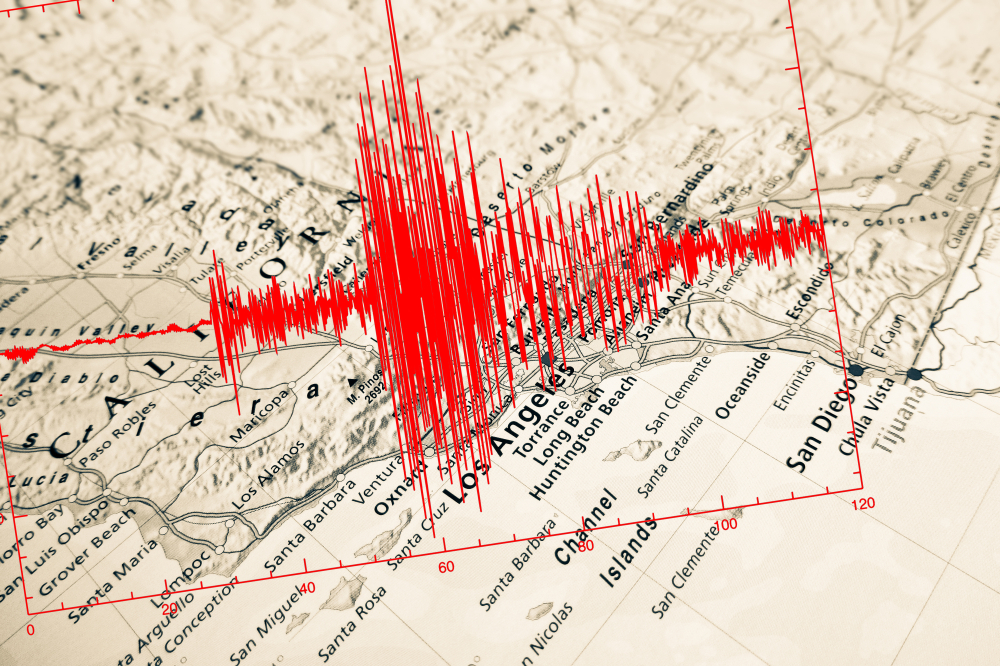
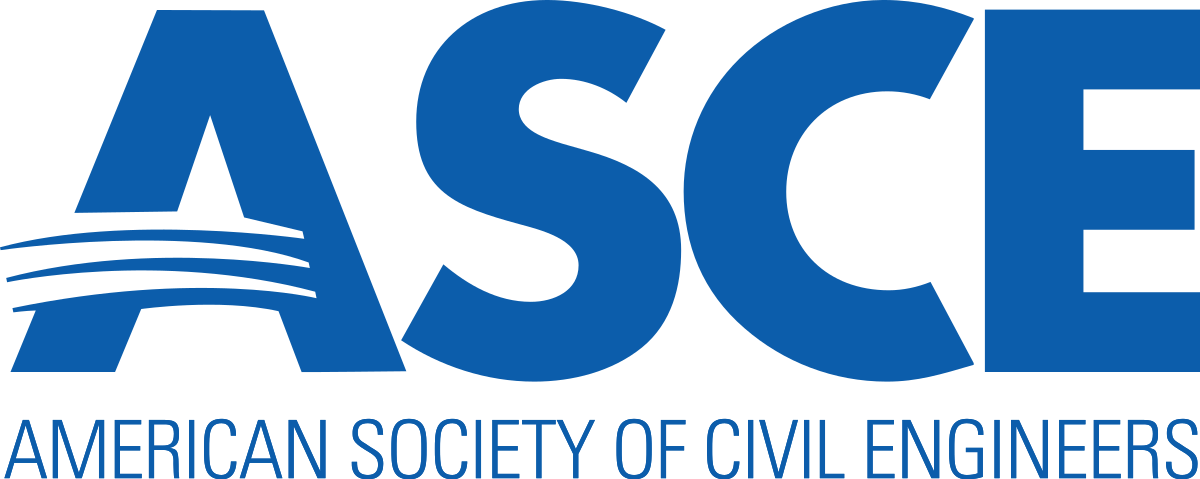

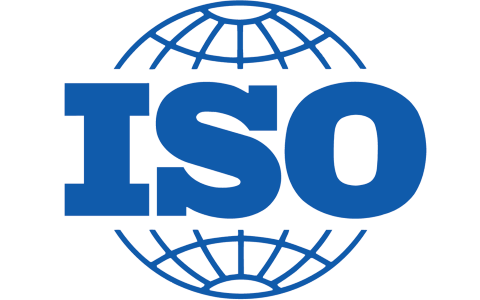
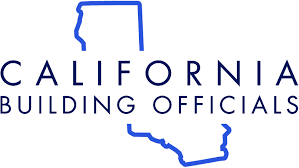

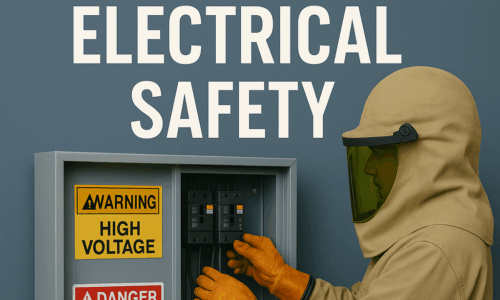
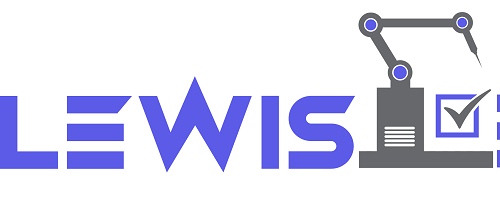
One Reply to “Seismic Anchors in California: when and why to install tool anchorage”
[…] also consider anchoring large tools and devices. According to the California Building Code, a device weighing more than 400 pounds requires a permit for seismic […]